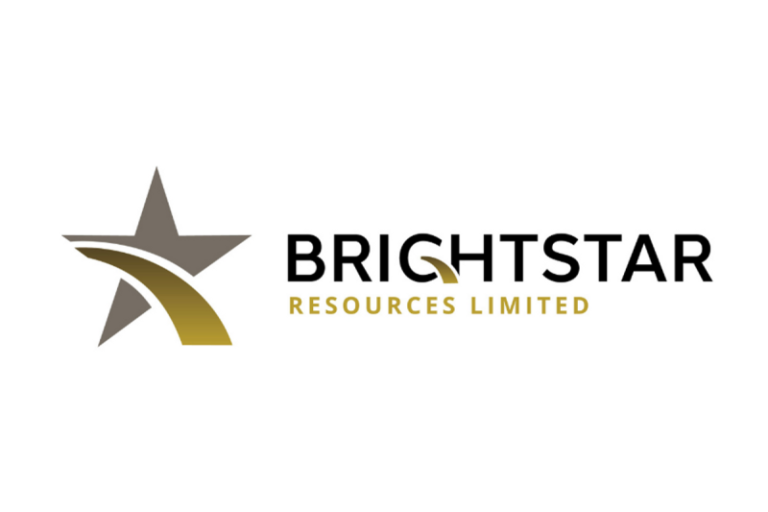European markets slipped on Wednesday as geopolitical tensions resurfaced and fresh inflation data from the UK cast doubt on the prospect of interest rate cuts.
Germany’s DAX declined 0.2%, France’s CAC 40 fell 0.3%, and the UK’s FTSE 100 lost 0.17% in early trade.
Sentiment was hit after US President Donald Trump’s latest attempt to mediate the war in Ukraine failed to yield any progress.
In a two-hour phone call with Russian President Vladimir Putin on Tuesday, Trump abandoned his earlier demand for a 30-day unconditional ceasefire—an approach that had been supported by Ukraine as a starting point for peace talks.
German Defence Minister Boris Pistorius criticized the shift, saying, “Putin is clearly playing for time. Unfortunately, we have to say Putin is not really interested in peace.”
The setback in diplomatic efforts adds further strain to Kyiv, especially following Trump’s public rift with Ukrainian President Volodymyr Zelenskiy earlier this year.
Meanwhile, in economic developments, the UK reported a sharp jump in inflation.
April’s consumer price index rose 3.5% year-on-year, up from 2.6% in March, marking the highest level since January 2024.
The acceleration in inflation, driven by wage pressures and persistent service-sector costs, may complicate the Bank of England’s path to easing.
Markets had been pricing in the potential for two rate cuts by year-end, but Wednesday’s data now makes even one cut appear uncertain.
The inflation surprise, coupled with ongoing geopolitical uncertainty, weighed on risk appetite and added to the cautious tone across European equity markets.
Asia markets open mostly higher
Asia-Pacific markets were mostly higher on Wednesday, shrugging off Wall Street’s first loss in seven sessions.
Japan’s Nikkei 225 slipped 0.23% after official data showed exports declined for the second consecutive month, underscoring the impact of US President Donald Trump’s broad tariffs on Japanese trade.
South Korea’s Kospi rose 0.58%, and the tech-heavy Kosdaq outperformed with a 0.95% gain.
Australia’s S&P/ASX 200 advanced 0.43%, lifted by strength in energy and financial stocks.
Hong Kong’s Hang Seng Index opened 0.45% higher, while mainland China’s CSI 300 was little changed in early trade.
US stocks on Tuesday
US stocks slipped on Tuesday as investors paused to reassess recent gains, with all three major indexes ending in the red despite paring intraday losses.
The Dow Jones Industrial Average lost 114.83 points, or 0.3%, closing at 42,677.24. The Nasdaq Composite dropped 72.75 points, or 0.4%, to 19,142.71, while the S&P 500 declined 23.14 points, or 0.4%, to settle at 5,940.46.
Tuesday’s modest pullback followed a solid stretch of gains for equities, with the Nasdaq and S&P 500 recently hitting their highest levels in nearly three months.
Traders appeared to take profits following the market’s rally from April lows, spurred by waning trade tensions and improving sentiment.
Still, caution lingered on the Street, as JPMorgan Chase CEO Jamie Dimon flagged risks that may not be fully reflected in current valuations.
Speaking at the bank’s investor day, Dimon noted signs of investor complacency and warned about the potential impact of rising inflation and stagflation.
The post European stocks open lower: FTSE down 0.2%, CAC 40 slips 0.3% appeared first on Invezz




